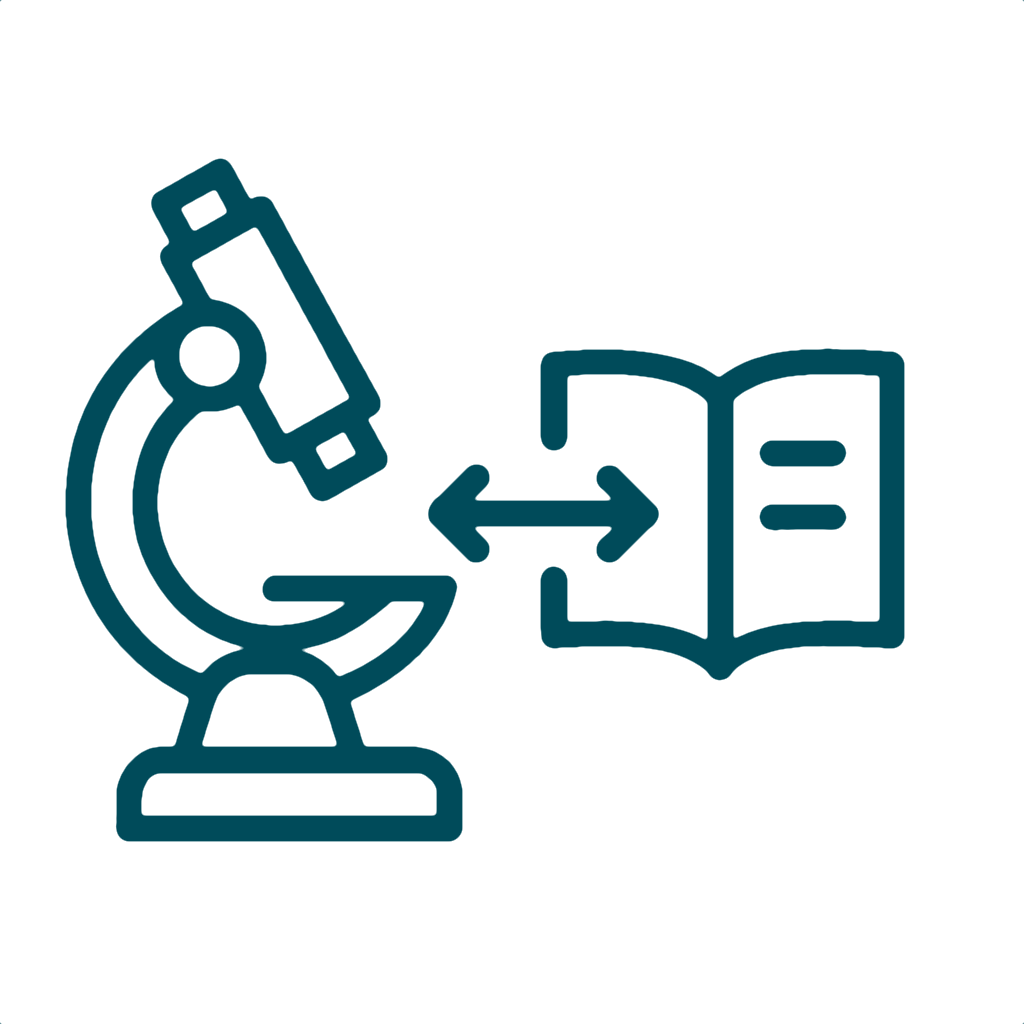Standard period of study: 6 semesters
Start: Winter semester
Type of admission: Admission-free
Research for people is at the heart of the Medical Engineering degree course. Right from the start, medical skills are taught alongside the technical and scientific pillars of physics, computer science, mathematics and electrical engineering. The course thus creates a bridge between medicine and technology on the Lübeck campus.
The focus on medical visualization teaches skills in the field of medical imaging and image processing. Problems relating to everyday clinical practice are examined and solutions derived.
The focus of medical photonics includes areas of biomedical optics and biophysics. Problems and their solutions are considered at a microscopic level. After graduation, the career prospects are excellent. Medical technology companies have a great need for qualified scientists to research new technologies in development and research laboratories in order to develop the next generations of medical diagnostic and therapeutic devices.
Our degree program releases practice-oriented graduates into the job market. They solve problems independently and exploit their creative potential.




What I particularly like about my MIW degree is the diversity of the departments.
I love the combination of natural science and direct contact with the medical departments.
Specific study program with a focus on imaging methods and biomedical optics.
Individual exchange with interested lecturers from various areas of research and medicine.
Teaching of all important basics in math, physics, computer science and electrical engineering.
After graduation, the career prospects are excellent. Medical technology companies have a great need for qualified scientists to research new technologies in development and research laboratories in order to develop the next generations of medical diagnostic and therapeutic devices. You will also be able to work in the scientific field at universities and research institutes with your Master's degree.
Our degree program releases practice-oriented graduates into the job market. You will solve problems independently and exploit your creative potential.
The Bachelor's degree in Medical Engineering is admission-free. Admission to the Master's program is restricted. Applications are sent directly to the university. Applications can be made online via the university website. The application deadline for the Bachelor's program is 15 September each year. The application deadline for the Master's program is July 15 for applications for the winter semester and January 15 for applications for the summer semester.
The degree program consists of four primary pillars in which different courses are offered: Physics, Mathematics, Computer Science and Electrical Engineering. In addition, students receive a solid basic medical education. It is by no means necessary to have taken corresponding advanced courses. What counts is an interest in these areas.
Depending on their interests, students can specialize in two main areas of research during their studies:
We use cookies on our website. Some of them are technically necessary, while others help us to improve this website or provide additional functionality.
Here you will find an overview of all cookies used. You can give your consent to entire categories or have further information displayed and thus select only certain cookies.
These cookies enable basic functions and are necessary for the proper functioning of the website.
Show Cookie Informationen
Hide Cookie Information
Cookie Management
Saves your consent to using cookies and stores the chosen tracking optin settings.
| Provider: | Website |
| Cookiename: | waconcookiemanagement |
| Runtime: | 1 year |
FE user
This cookie is a standard session cookie from TYPO3. It stores the session ID in case of a user login. In this way, the logged-in user can be recognised and access to protected areas is granted.
| Provider: | Website |
| Cookiename: | fe_typo_user |
| Runtime: | Session |
Content from video platforms and social media platforms is blocked by default. If cookies from external media are accepted, access to this content no longer requires manual consent.
Show Cookie Informationen
Hide Cookie Information
Google Maps
A direct connection to Google’s servers will not be established until you have activated Google Maps autonomously at your end (i.e. given your consent pursuant to Art. 6 Sect. 1 lit. a GDPR). Once you have activated the service, Google Maps will store your IP address. By loading the map, you agree to Google's privacy policy.
| Provider: | Google LLC |
| Privacy source url: | https://policies.google.com/privacy?hl=en |
YouTube Videos
A direct connection to YouTube’s servers will not be established until you have activated videos autonomously at your end (i.e. given your consent pursuant to Art. 6 Sect. 1 lit. a GDPR). Once you have activated the service, YouTube will store your IP address. By loading the video, you agree to YouTube's privacy policy.
| Provider: | YouTube / Google LLC |
| Privacy source url: | https://policies.google.com/privacy?hl=en |